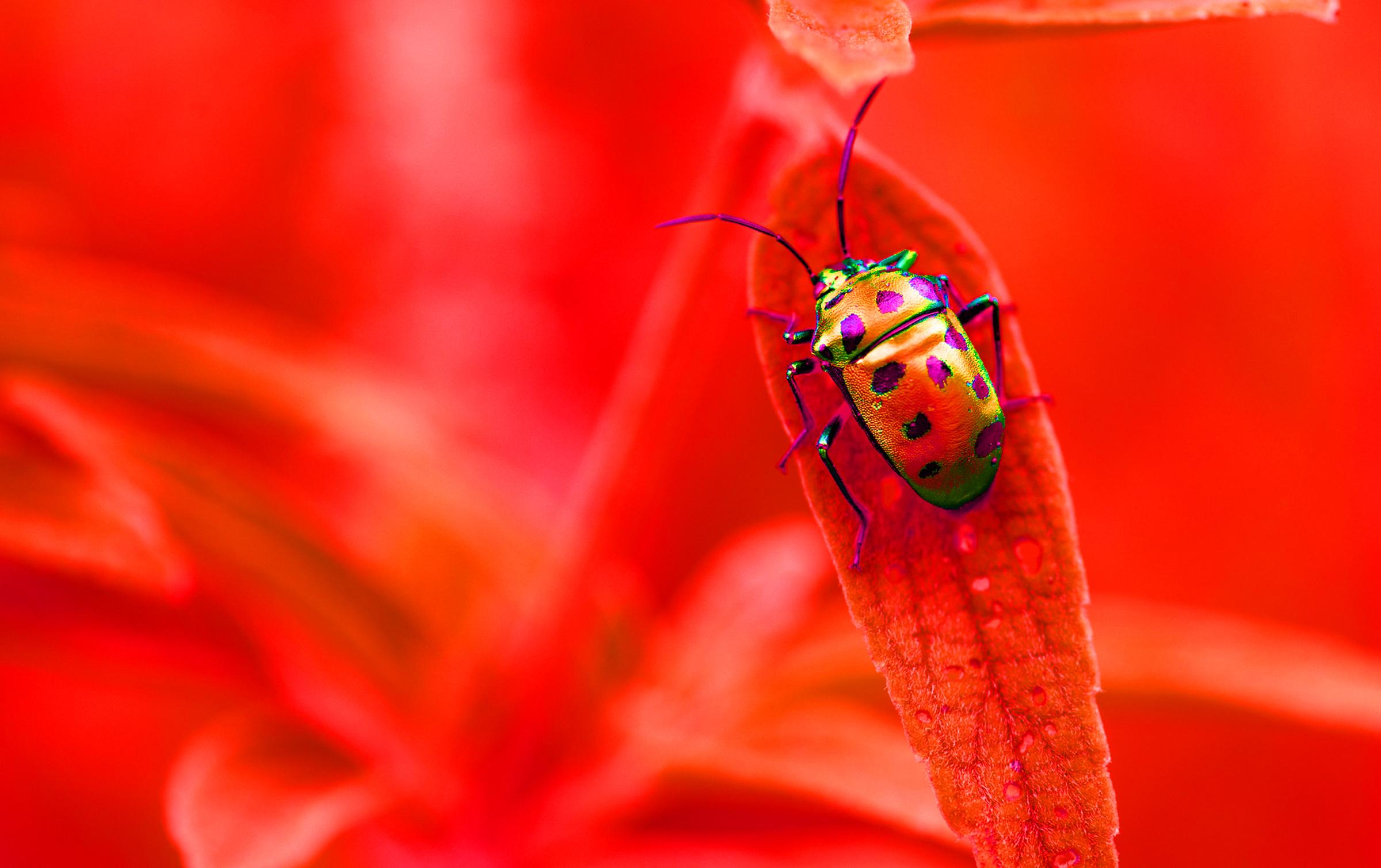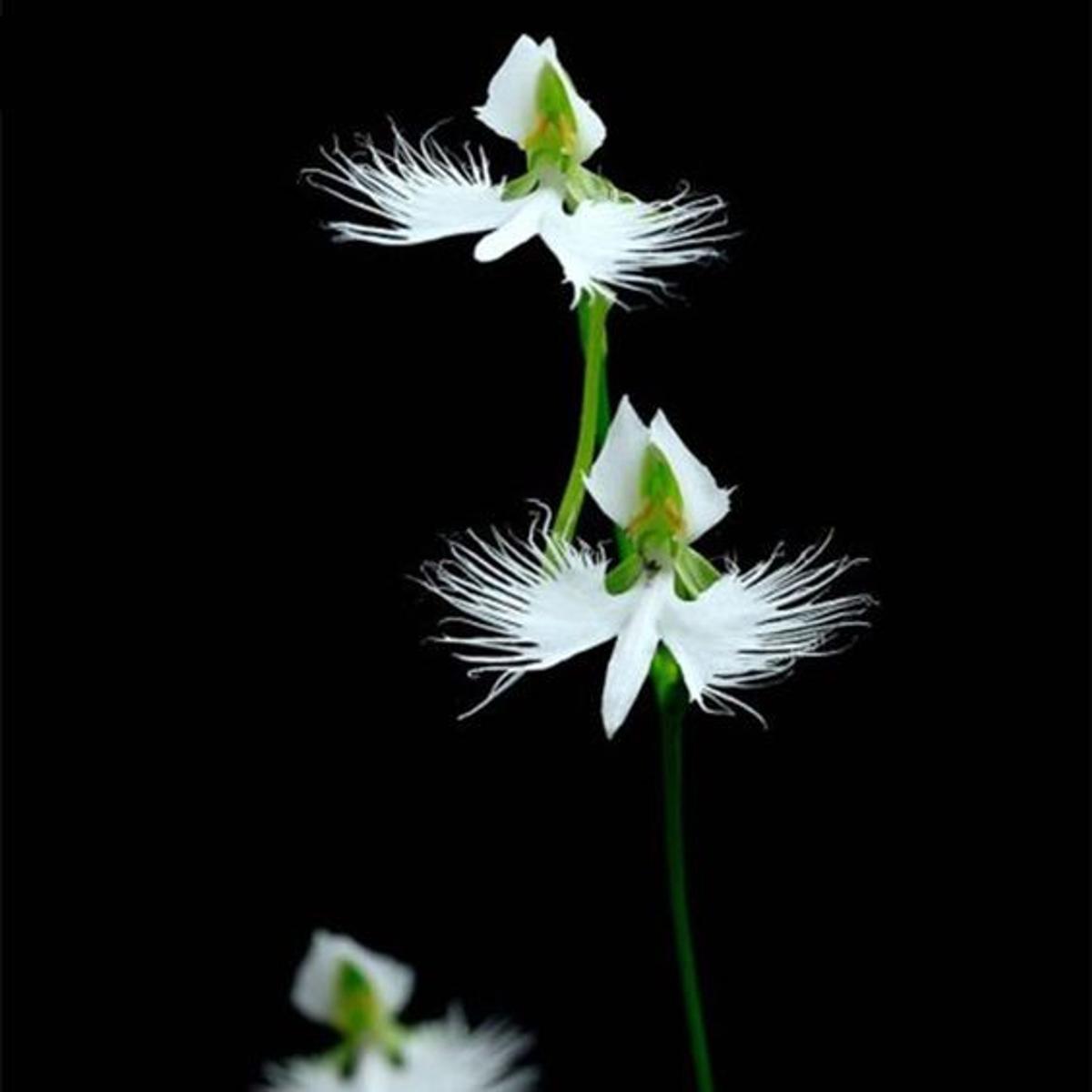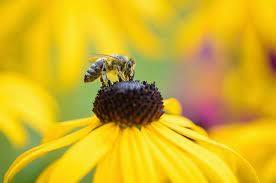Biology
Units 1 & 2
Year 11

Biology
Units 1 & 2
Year 11
In Biology Unit 1 - How do organisms regulate their function? students examine the cell as the structural and functional unit of life, from the single celled to the multicellular organism, including the requirements for sustaining cellular processes. Students focus on cell growth, replacement and death and the role of stem cells in differentiation, specialisation and renewal of cells. They explore how systems function through cell specialisation in vascular plants and animals, and consider the role homeostatic mechanisms play in maintaining an animal’s internal environment.


A student-adapted or student-designed scientific investigation is undertaken in Area of Study 3. The investigation involves the generation of primary data and is related to the function and/or the regulation of cells or systems.
Unit 1
In Biology Unit 2 - How does inheritance impact on diversity? students explore reproduction and the transmission of biological information from generation to generation and the impact this has on species diversity. They apply their understanding of chromosomes to explain the process of meiosis. Students consider how the relationship between genes, and the environment and epigenetic factors influence phenotypic expression. They explain the inheritance of characteristics, analyse patterns of inheritance, interpret pedigree charts and predict outcomes of genetic crosses.
Students analyse the advantages and disadvantages of asexual and sexual reproductive strategies, including the use of reproductive cloning technologies. They study structural, physiological and behavioural adaptations that enhance an organism’s survival. Students explore interdependences between species, focusing on how keystone species and top predators structure and maintain the distribution, density and size of a population.


They also consider the contributions of Aboriginal and Torres Strait Islander knowledge and perspectives in understanding the survival of organisms in Australian ecosystems.
A student-directed research investigation into a contemporary ethical issue is to be undertaken in Area of Study 3. The investigation relates to the application of genetic knowledge, reproductive science, inheritance or adaptations and interdependencies beneficial for survival.
Unit
Studying Biology can lead to the following careers
Biosecurity officer Biotechnologist Botanist Conservation officer Ecologist Fisheries and wildlife officer Forensic scientist Genetic counsellor
| Laboratory Technician Marine biologist Microbiologist Plant breeder Plant pathologist Researcher Sustainability specialist Zoologist
|
Prerequisites
none
If you are interested please see Kylie Chafer or Laura Edmonds
Video overview of Biology 1 and 2 for Year 11